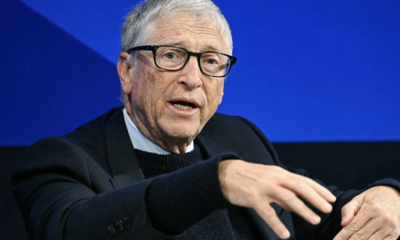Auto
Government will not extend April 2022 deadline for tighter fuel efficiency rules
In a setback for carmakers seeking more time, the Indian government will not extend the April 2022 deadline to tighten fuel efficiency standards. A senior government official confirmed that the deadline to meet CAFE norms will not be extended.
CAFE – corporate average fuel efficiency requirements are designed to reduce carbon emissions from vehicles as India pushes auto manufacturers to invest in more fuel efficient cars or in cleaner technologies like electric and hybrid. India introduced the first phase of CAFE rules in April 2017, giving carmakers until the end of March next year to cut carbon emissions from new passenger cars to under 130 grams per kilometre. In a second phase, starting from April 1 2022, India has proposed tightening carbon emissions to 113 grams per kilometre.
The push to delay the rules by two years, according to Reuters, is being led by the Society of Indian Automobile Manufacturers (SIAM), a trade group that represents major carmakers in India, including Maruti Suzuki and Hyundai Motor Co.
Industry sources said that executives from SIAM, on March 2, met India’s transport ministry officials to discuss, among other things, a delay in implementation of the norms. They disclosed that carmakers argued that they would find it difficult to make further investments to meet the stricter requirements, especially as profiles have been hit by slumping sales over the last two years.
The report highlights that Prime Minister Narendra Modi has set aggressive carbon reduction targets under the Paris Accord, and not extending the deadline to tighten the CAFE requirements could be part of this agenda. “There eventually might be a middle path that does not hurt the companies financially but also allows the government to maintain its aggressive attitude towards carbon reduction,” a source said.
Also Read: US probes six countries, including India about DST
Union Minister Prakash Javadekar, in 2020, had stated that India is one of the few countries on track to meet its Paris target, achieving 21% of its pledge to reduce emissions intensity of GDP by 33 to 35% by 2030.











































Pingback: Lux Industries set for expansion plans worth Rs 110 cr | The Plunge Daily